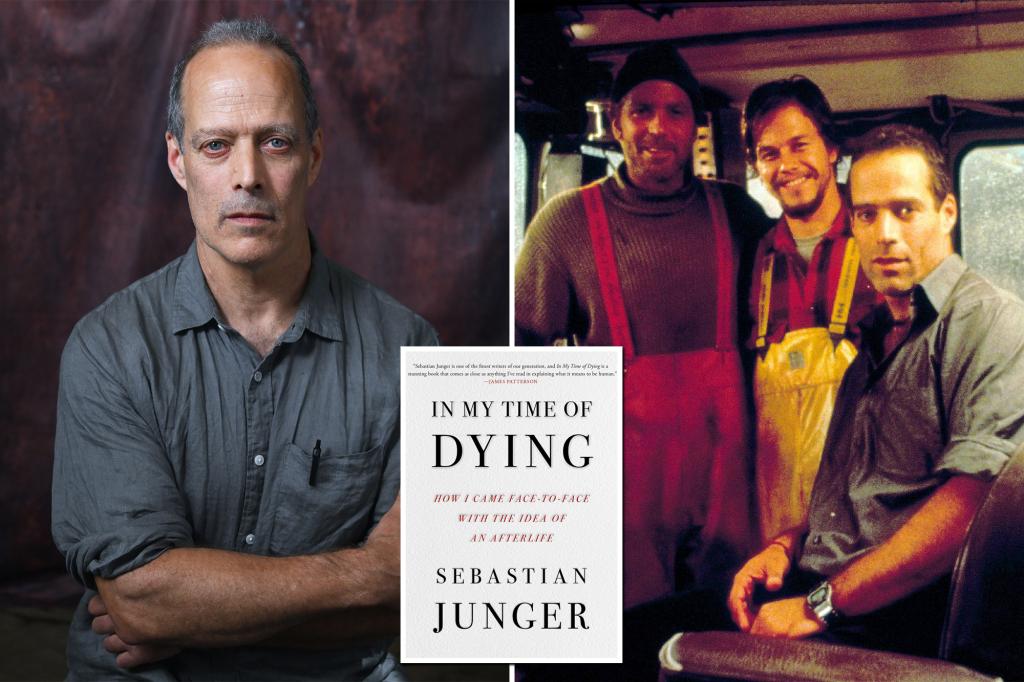Sebastian Junger, a well-known author and filmmaker, faced his own mortality in June 2020 when he experienced a ruptured abdominal aneurysm. This near-death experience led him to write his latest book, “In My Time of Dying: How I Came Face to Face with the Idea of an Afterlife,” where he details the supernatural encounters he had during that time. A black chasm and the presence of his deceased father were some of the unsettling scenes he witnessed.
Despite being an atheist, Junger was deeply affected by the experience, which challenged his sense of stability and safety in the world. His brush with death made him question his beliefs, and he grappled with anxiety and depression as he processed the fragility of life. He felt as if death had tracked him down in the safety of his own home, shaking his understanding of the world.
Through writing his book, Junger aimed to make sense of the nonsensical and provide perspective on his otherworldly encounters. The book explores themes of rational thought, life appreciation, and reverence for existence. Instead of abandoning his atheistic beliefs, Junger’s work is a testament to the power of rational thinking and the importance of valuing life in the face of mortality.
Junger’s refusal to attribute his survival to divine intervention has garnered criticism from some readers who believe he should be more grateful. However, he views the mystery of his near-death experience as a profound contemplation of existence itself. Rather than religious explanations, he finds wonder in the vastness of the universe and the miracle of human existence, urging readers to appreciate their lives.
While acknowledging the limitations of human understanding, Junger suggests that the universe’s mysteries are far greater than religious doctrine can explain. His brush with death also led him to contemplate the nature of reality and question whether even physicists truly comprehend the complexities of the cosmos. Junger’s journey of self-discovery ultimately brought him back to his father, a physicist, and a newfound appreciation for the mysteries of the universe.
In the aftermath of his near-death experience, Junger realized the importance of living each day as if it were the last. Embracing the concept of “memento mori,” he acknowledges the inevitability of death while emphasizing the uncertainty of when that moment will arrive. This perspective has inspired him to focus on being true to himself and living a meaningful life, rather than getting caught up in distractions and trivial pursuits. Ultimately, Junger’s near-death experience serves as a reminder to all to live each day with purpose and authenticity.












